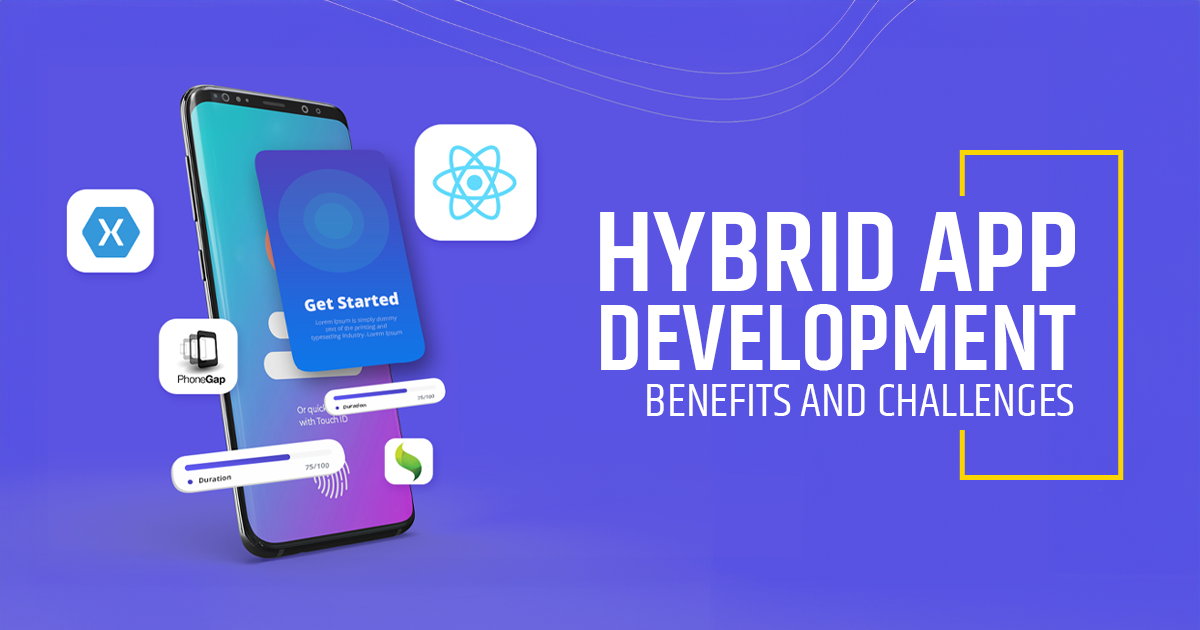
Understanding Hybrid Mobile Apps
Benefits of Hybrid Mobile App Development
Cross-Platform Compatibility: One of the most significant advantages of hybrid apps is their ability to run on multiple operating systems. This cross-platform nature saves time and resources, as developers do not need to write separate codebases for each platform.
Cost-Effectiveness: Developing a single app that works on both iOS and Android is more cost-effective than creating two separate native apps. This cost-saving is particularly beneficial for startups and small businesses with limited budgets.
Faster Development Cycle: Since hybrid apps use a single codebase, the development process is streamlined, leading to faster time-to-market. This agility is crucial in today’s fast-paced digital landscape, where being first can offer a competitive edge.
Easier Maintenance: Maintaining hybrid apps is generally easier than maintaining native apps. Updates can be made centrally and then distributed across all platforms, simplifying the maintenance process and ensuring consistency across devices.
Wider Reach: By deploying an app across multiple platforms simultaneously, businesses can reach a broader audience. This wider reach can lead to increased user engagement and higher revenue potential.
Access to Device Features: Hybrid apps can access device features like the camera, GPS, and contacts through plugins, providing a user experience similar to native apps. Frameworks like Cordova and Ionic offer extensive libraries of plugins to enhance functionality.
Scalability: Hybrid mobile app can be easily scaled to support different platforms and devices. This scalability makes them a flexible choice for growing businesses that may need to expand their app’s capabilities over time.
Challenges of Hybrid Mobile App Development
Performance Issues: One of the primary drawbacks of hybrid apps is performance. Since hybrid apps run inside a web view, they may not perform as efficiently as native apps, particularly for graphics-intensive applications or those requiring high-speed performance.
User Experience: While hybrid apps can mimic native apps, they may fall short in delivering a seamless user experience. The design and responsiveness might not be as smooth as native apps, potentially leading to lower user satisfaction.
Dependency on Plugins: Hybrid apps rely heavily on plugins to access native device features. If a required plugin is outdated or unsupported, it can limit the app’s functionality. Moreover, custom plugins may need to be developed, adding to the complexity and cost.
Debugging Challenges: Debugging hybrid apps can be more complicated than debugging native apps. Issues may arise from the interaction between the web code and the native container, requiring developers to have expertise in both areas to troubleshoot effectively.
Limited Access to Native APIs: Hybrid apps may not have full access to all native APIs, which can restrict certain functionalities. Native apps, on the other hand, can leverage the full capabilities of the platform they are built for.
Long-Term Viability: As technology evolves, maintaining a hybrid app might become challenging if the underlying frameworks and tools do not keep pace with platform updates. This dependency on third-party tools can affect the app’s long-term viability.
Security Concerns: Hybrid apps can be more vulnerable to security threats compared to native apps. Ensuring robust security measures is critical to protect sensitive user data and maintain trust.
When to Choose Hybrid App Development
Despite the challenges, hybrid mobile app development can be an excellent choice for certain scenarios:
- Budget Constraints: If budget is a significant concern, hybrid mobile app offer a cost-effective solution without compromising too much on functionality.
- Time-to-Market: When a quick launch is essential, the faster development cycle of hybrid apps can be advantageous.
- Simple Applications: For apps that do not require intensive performance or complex animations, hybrid development can provide sufficient capabilities.
- Cross-Platform Needs: If the goal is to reach users on both iOS and Android platforms with minimal effort, hybrid apps are a practical choice.
Ultimately, the decision to opt for hybrid mobile app development should be based on a careful assessment of the project requirements, budget, and long-term goals. By understanding the benefits and challenges, businesses can make informed decisions that align with their strategic objectives and deliver a compelling user experience. Feel free to contact us for any type of hybrid app development.

